Facts and Events that Made Arabic Rise as a Global Language
By Mireia Costa
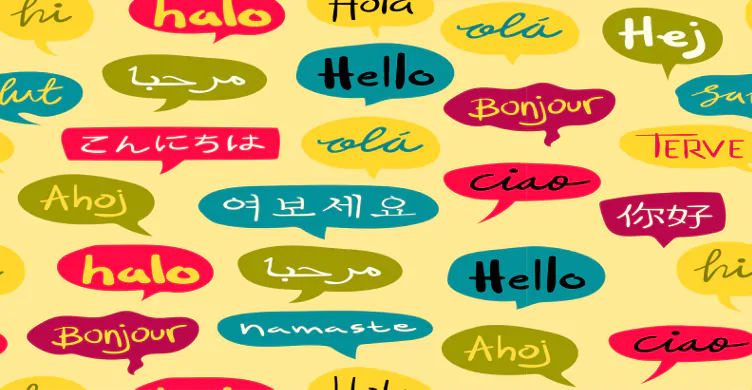
About 320 million people speak Arabic as their first language, that’s almost as many native English speakers around the world. However, Arabic doesn’t enjoy the enormous number of secondary speakers that English has thanks to many factors including the European expansionism in the 18th and 19th century and of course the excellence in science and technology.
Recently, there has been an increasing number of people worldwide who have joined the Arabic speaking community. Learning Arabic is no longer solely being pursued by foreign-born Arab children, but rather thousands of language learners are being attracted to Arabic. Why this new trend in learning Arabic? Here are some of the facts and events that prompted the rise of Arabic as a global language.
Politics
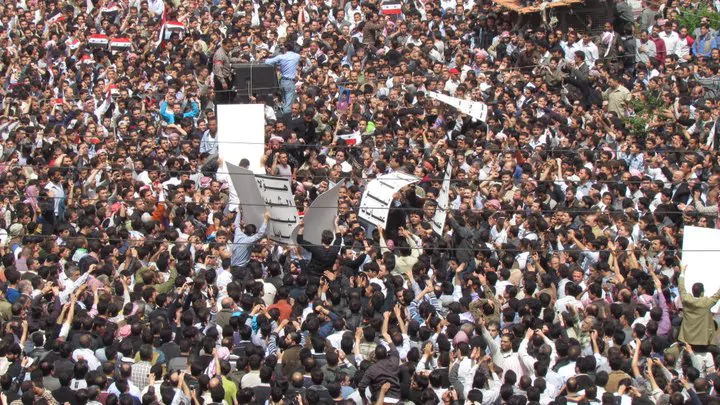
Global events such as the Arab uprisings, the 9/11 attacks or the Israeli-Palestinian conflict spurred an interest among young students driven by political and job-prospect motives. When we talk about the historical Arab Spring, it implies an era of uprisings, hundreds of demonstrations and protests, nascent democracy and civil wars.
It all started in one Tunisian city in December 2010 but soon grew to engulf the Arab World. However, it unleashed consequences that still have an impact on the world a decade later, as it reached every part of the globe. People around the world were triggered by the news and their interest in learning about the revolution of these countries grew. The same happened after the 9/11 attacks.
Following such fatal event there was a sharp spike in the numbers of new Arabic learners, as there was also a surge of the need for Arabic speakers to address the political, military and economic questions surrounding the Middle East and North Africa involvement. Due to all these political events and atmosphere, Arabic has grown in demand.
Globalisation
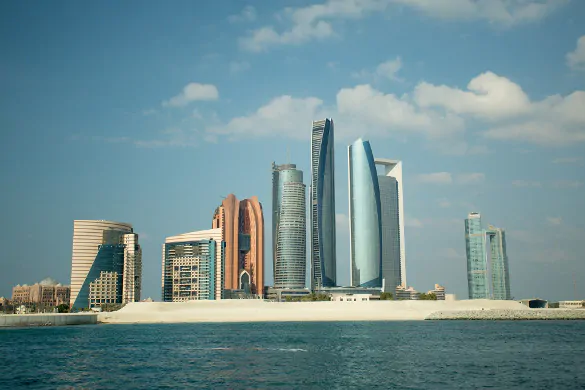
Moreover, in this new era of globalisation, the economical factor has also played its role. The Internet revolution has allowed thousands of people to learn Arabic from the comfort of their home.
Many have taken this opportunity to add Arabic to their curriculum, as it is considered an important world language for its numbers of speakers and for being the official or co-official language in 25 independent states and territories. This new era has also led to an economic growth among Middle Eastern states, with developing markets and organisations across borders, which ultimately means a lot of job and business opportunities.
Volunteering

However, others pursued the Arabic language based on altruism and cultural enrichment motives. Many humanitarian aid workers who are destined to the Middle East regions with ongoing conflicts find themselves in need of learning Arabic as a vehicle to perform their everyday tasks. Not only humanitarian workers in the Middle East, but also workers in counselling centres for refugees and local NGOs in Europe and Asia that provide services for migrants and asylum seekers. Moreover, learning the local language is also a way to connect and empathise with residents.
Migration
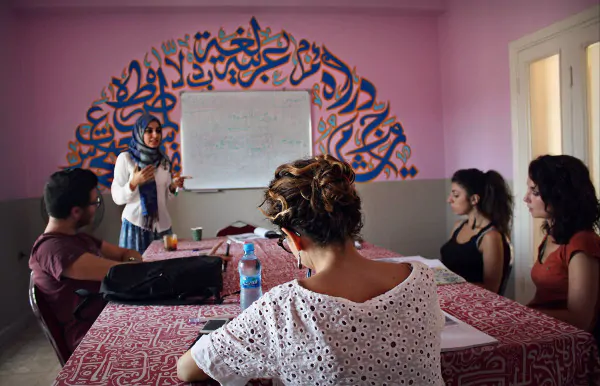
Furthermore, in the past decade, mass migration movements have taken place due to political, economic and social factors such as war conflicts, poverty, instability, unemployment, etc. Many Arab communities have become more integrated and established in many foreign countries, creating an increasing interest among neighbours in learning about Arab culture and willingness to converse with them.
Culture
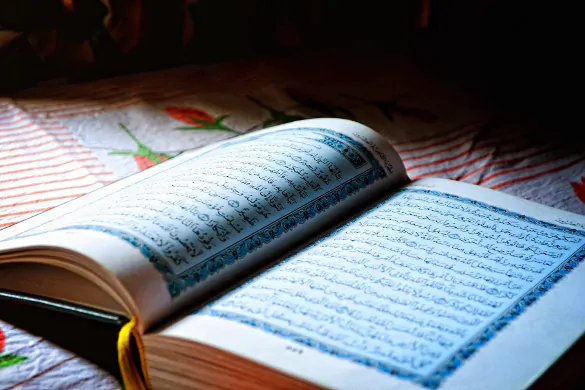
Another factor that played a part in the boost of Arabic learners is the significance that the Arab culture and literature has gained over the past century. Arabic singers like Umm Kulthum, Fairuz or Abdel Halim Hafez, and Arabic writers such as Naguib Mahfouz, Khalil Gibran, Mahmoud Darwish or Taha Hussein have brought a wonderful heritage to the Arabic language, which directly increased its appeal to the learner.
Moreover, we cannot forget to mention Arabic calligraphy, which is regarded to have an unparalleled beauty due to its symmetry, a perfect balance of dots, points, edges and curves. Not only it is important because of its beauty, but also because of the respect and esteem as the first script in which the Holy Quran was written.
It is foreseen in the near future that the number of learners is going to keep increasing and even some experts predict that its worldwide importance will rise. A research led by Alcantara Communications and published by the British Council in 2019 shows Arabic as 2nd most necessary language for the UK in the next 20 years. The report emphasised the importance of Arabic not only for business reasons but as a priority language in diplomacy and security and in international cultural and education strategies.
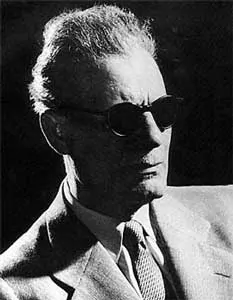

Mireia Costa was an Ahlan World Intern and Arabic student from January to May 2021. She has a Bachelor’s Degree in Translation and Interpreting from the Autonomous University of Barcelona. She recently translated the short stories book al-Hisrim (Sour Grapes الحُصرم) by Zakaria Tamer from Arabic to English.
Header picture credit: Syriana2011, on Flickr.



 Previous Post
Previous Post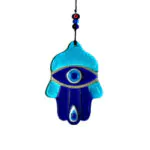 Next Post
Next Post



